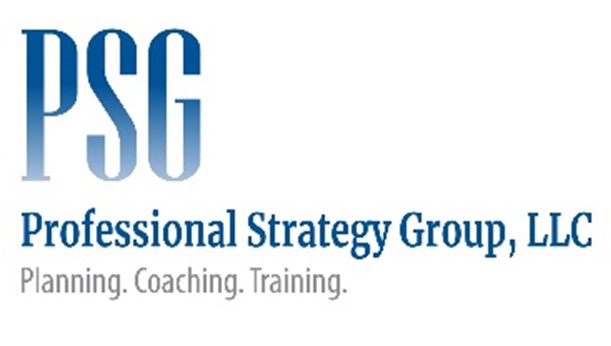One of the sadder days in the life of a CPA firm comes when a Partner has to leave the firm. Why?
Picture a Partner who has some nice clients and maybe a nice book of business. All appears to be well. They keep plugging along, serving those clients with great care. But they’re also not growing the business among each client. They’ve done little to expand the prospect base. Complacency has set in and they’ve lost their edge a bit.
Still, they’ll probably be left alone. That is, until a client has a major external event, such as an acquisition, bankruptcy or going out of business altogether. This development leaves a gaping hole in the Partner’s book of business and now they’re not quite sure what to do about it.
In case you’re wondering, this is rarely the point where Partners are asked to leave. After all, it’s not as if firms want to fire people immediately. They’re typically given two to three years to try to rebuild that book of business. But when they’ve been given ample notice and can’t rebuild the book after a couple of years, chances are they’ve lost a hunger to grow. That complacency has cost many a Partner their careers. Or they were asked to leave but got a fresh start someplace else.
Are most Partners in this position still talented? Absolutely! But when they’re overpaid relative to their overall contribution to the firm, something’s got to give.
If we refer to one of the more considerable warning signs, one might be that the firm hasn’t made a new hire in months and hasn’t had a new client come aboard in a long time either. It’s running in place. Things aren’t bad, but they also aren’t spectacular. But “not bad” can quickly become the enemy of growth. You must walk onward and make progress.
Unlimited Partners Cap Future Opportunities
One of many reasons why growth is so important is often revealed when we think about the business model of CPA firms: There’s simply no limit to the number of Partners a firm can have.
Now, why would we care about having unlimited Partners? It’s crucial if you want the emerging leaders in your firm to have upward mobility without hitting a roadblock. Everyone within the firm needs to see that the firm is making new Partners – not just to replace the ones who are retiring but to grow and provide new opportunities to those on the way up. It’s vital that more people see this pathway because if talented people don’t feel they can make Partner, they’re likely to leave and go somewhere else.
It doesn’t have to come to this.
Each Partner has to really think about what they want at this stage of their career. How much longer do they want to continue working in this capacity? Do they envision their workload changing and when? Do they have specific professional and personal goals they’d like to achieve? What are they and by when?
If we don’t know this information, we’re letting people sit in chairs for as long as they want, leading to a lack of accountability or incentive to grow the firm. At that point, they may still contribute to the firm’s success, but not enough to justify the pay they’re receiving or what they might cost the firm in other ways, such as its rising stars leaving.
Think about this: If we can’t define what Partners want, how do you think that will impact the people underneath? The Partner may be standing in the way of someone very talented who ultimately has a great deal of potential to become a Partner themselves. This leaves the firm in a very unenviable position: On one hand, keeping underperformers in the Partner role. On the other, blocking highly driven, committed, would-be future contributors at the highest level of influence and impact.
If they’re just that passionate about career growth, those rising stars won’t wait for the opportunities and clarity they want. They’ll simply exit the firm for another, where they’ll have more growth potential in their career.
How Do We Plug The Talent Leak? The HR Department Might Have Something.
The sooner a CPA firm can effectively get its Human Resources department involved and engaged in educating employees of the firm, the better. HR can show your rising stars that they don’t have to leave the firm altogether to advance their career and that there are plenty of advancement opportunities for them within the firm, right where they are.
HR can also help set up a bonus program that correlates with the effort and performance of team members who go “above and beyond,” giving the reward greater meaning. The program should have clear metrics for success so your people can quantify what superior results look like in a shared language throughout the organization. Highlighting success metrics for all is a terrific message to communicate in itself, as too many firms play these metrics far too close to the vest, leaving most firm employees guessing as to whether or not they’ll hit the essential goals that management has set out for them.
Putting your rising talent in a position to drive more business to the firm is important, but opportunity alone doesn’t get it done. One has to have the skill to match the client’s needs with the ideal service. PSG’s full-day course in Professional Selling and Listening Skills can equip more of your firm’s next generation with the tools to prospect for work in a more meaningful way. From asking effective questions to handling objections and obstacles, your team members will have the confidence to view themselves from a new place as trusted advisors. And that’s a much happier day at the firm indeed.
To learn more about the Professional Selling and Listening Skills course and others like it we offer as part of The PSG System, call us today at 312.860.0873.



